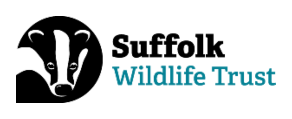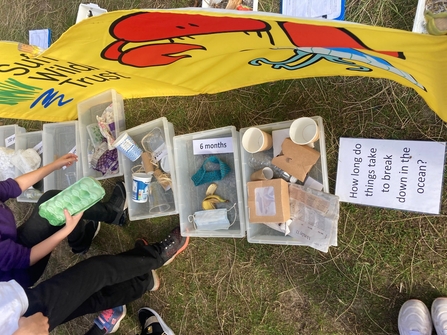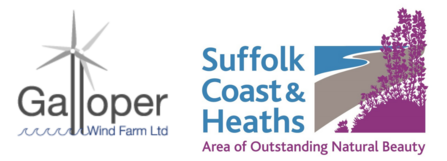With Christmas around the corner many of us with an interest in the natural world are seeking to reduce the amount of unnecessary plastic we buy during the festive period. The #PlasticFreeChristmas campaigns have been piquing the public interest year on year, particularly since the popular David Attenborough Blue Planet series captured the imagination of millions in 2017. Unlike other environmental phenomena where the causes are not always clearly visible, we can easily see the evidence of plastic in the oceans, and the source of it is indisputable. It’s down to us.
After researching the issue and feeling moved to do something, in 2019 Suffolk Wildlife Trust secured funding from the Galloper Wind Farm Fund administered by the Suffolk Coast & Heaths Area of Outstanding Natural Beauty, to investigate the issue on our Suffolk coast, and increase awareness among children and their families of the dangers of plastic in their ocean. Aside from investigating the beaches themselves, engaging children on consumption and behavioural change around plastics seemed the best way to get to the root of the problem. Running in parallel to this was a desire to protect and enhance the rare vegetated shingle habitat along the Suffolk coast. We wanted to instil a sense of wonder and respect for it in the local community, and give more children access to explore it.
Soon enough, The Ocean Impact Investigators' Project was born. We were delighted to be granted funding to run it, and after a long delay resulting from the Covid-19 pandemic we were able to deliver an 8-week project on Sizewell beach with Leiston Primary School earlier this term. We engaged with every child and teacher in the school, through assemblies, classroom-based workshops and beach days, and encouraged them to take their learning home to their families.


